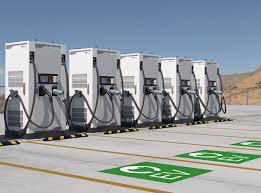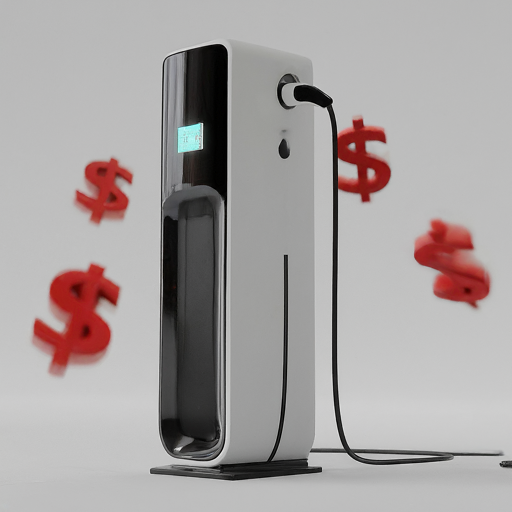this post was submitted on 03 Sep 2024
15 points (82.6% liked)
[Dormant] Electric Vehicles
3201 readers
1 users here now
We have moved to:
A community for the sharing of links, news, and discussion related to Electric Vehicles.
Rules
- No bigotry - including racism, sexism, ableism, casteism, speciesism, homophobia, transphobia, or xenophobia.
- Be respectful, especially when disagreeing. Everyone should feel welcome here.
- No self-promotion.
- No irrelevant content. All posts must be relevant and related to plug-in electric vehicles — BEVs or PHEVs.
- No trolling.
- Policy, not politics. Submissions and comments about effective policymaking are allowed and encouraged in the community, however conversations and submissions about parties, politicians, and those devolving into general tribalism will be removed.
founded 1 year ago
MODERATORS
you are viewing a single comment's thread
view the rest of the comments
view the rest of the comments


I think part of the problem I rarely see discussed is that many states have laws on the books that say ONLY the electric utility is allowed to sell electricity by the kWh. So locations can only charge an hourly rate to cover their costs regardless of the actual charging speed.